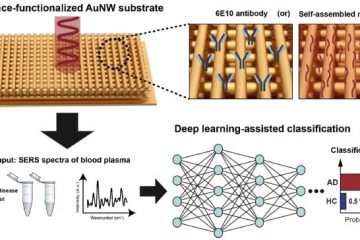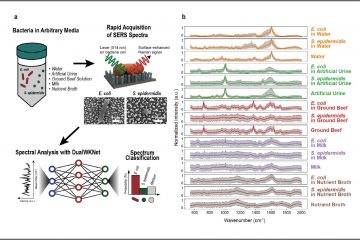Depression is a complicated mental illness that varies in symptoms and needs the cooperation of patients. We propose a novel data-driven attempt to diagnose Major Depression Disorder (MDD) based on clinical questionnaire. It includes deep learning, multi-modal representation and interpretability to overcome the limitations of the data-driven approach on clinical application. We implement a shared representation model between three different questionnaire forms to extract essential information in an identified latent space. Based on this, we propose two data-driven diagnostic methods; unsupervised and semi-supervised method. We also provide interpretation of diagnosis and statistical analysis of information using Local Interpretable Model-agnostic Explanations (LIME) and ordinal logistic regression. The proposed data-driven framework shows the feasibility of analyzing depressed patients with items that are directly or indirectly related to depression.
KAIST, ‘딥러닝’ 활용해 우울증 진단 돕는 기술 개발
Related publications
1. B Choi, G Shim, B Jeong, S Jo, Data-driven analysis using multiple self-report questionnaires to identify college students at high risk of depressive disorder, Scientific Reports, 10:7867, 2020 [LINK]

